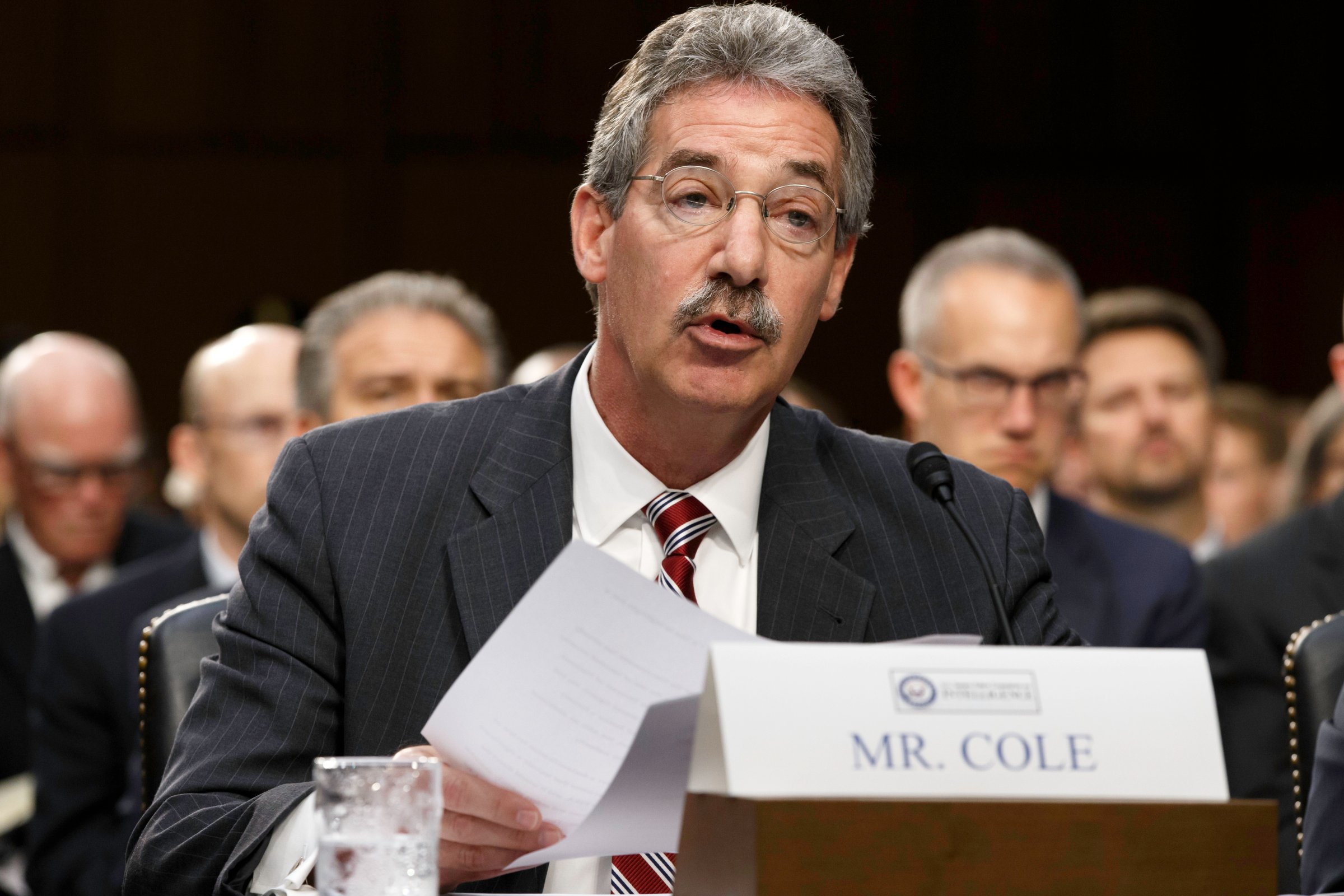
The privacy oversight panel tasked with reviewing the National Security Agency’s mass surveillance activities says snooping on foreigners is legal and effective, according to a report released on Tuesday.
The Privacy and Civil Liberties Oversight Board ruled unanimously that Section 702 of the Foreign Intelligence Surveillance Act, which the NSA uses to snoop on data centers located inside the U.S.—like Google, for instance—to collect the communications of foreigners “reasonably believed” to be outside the country, “has been subject to judicial oversight and extensive internal supervision.”
The panel found “no evidence of intentional abuse.” Instead, it was deemed “clearly authorized” by Congress, “reasonable” under the Fourth Amendment and “an extremely valuable and effective intelligence tool.” The board added that the program “has led the government to identify previously unknown individuals who are involved in international terrorism, and it has played a key role in discovering and disrupting specific terrorist plots aimed at the United States and other countries.”
The program has been at the center of controversy over NSA documents revealed by former contractor Edward Snowden. The scope of this surveillance can potentially sweep up the communications of Americans, who can also be specifically targeted for surveillance if their communications yield information “about” a foreign target.
Tuesday’s report contrasts sharply with the panel’s earlier report that harshly scolded the agency and comes soon after Sen. Ron Wyden (D-Oregon) slammed the intelligence community for what he called a “huge gap in oversight” of the “backdoor searches.” Wyden had been sent a letter from the Director of National Intelligence that detailed the communications collected by the program in 2013 and revealed the FBI uses the NSA data to conduct surveillance on Americans, though the agency reports it does not keep a record of how many.
More Must-Reads from TIME
- Donald Trump Is TIME's 2024 Person of the Year
- Why We Chose Trump as Person of the Year
- Is Intermittent Fasting Good or Bad for You?
- The 100 Must-Read Books of 2024
- The 20 Best Christmas TV Episodes
- Column: If Optimism Feels Ridiculous Now, Try Hope
- The Future of Climate Action Is Trade Policy
- Merle Bombardieri Is Helping People Make the Baby Decision
Contact us at letters@time.com